Remember when sitcoms were supposed to be light, fluffy entertainment that didn’t challenge us too much? The ’80s changed all that, sneaking profound life lessons between the laugh tracks and commercial breaks. These shows had a way of catching us off guard, delivering moments of unexpected depth that stayed with us long after the credits rolled.
1. Family Ties Tackles Teen Drinking

When Alex P. Keaton’s friend gets behind the wheel after drinking, Family Ties delivered one of television’s most sobering wake-up calls about teenage alcohol abuse. The episode didn’t just preach about the dangers—it showed the real consequences through characters we’d grown to love. Michael J. Fox’s performance as Alex grappled with guilt and responsibility in ways that felt genuinely adult. In recent years, writing on The New York Times even praised this show as a show viewers could count on to always dive back into.
What made this episode so powerful was how it avoided easy answers or quick fixes. The aftermath lingered throughout multiple episodes, showing that some mistakes have lasting consequences. It was television growing up alongside its audience, acknowledging that the kids watching were dealing with real peer pressure and difficult choices.
2. Cheers Explores Alcoholism with Sam’s Relapse
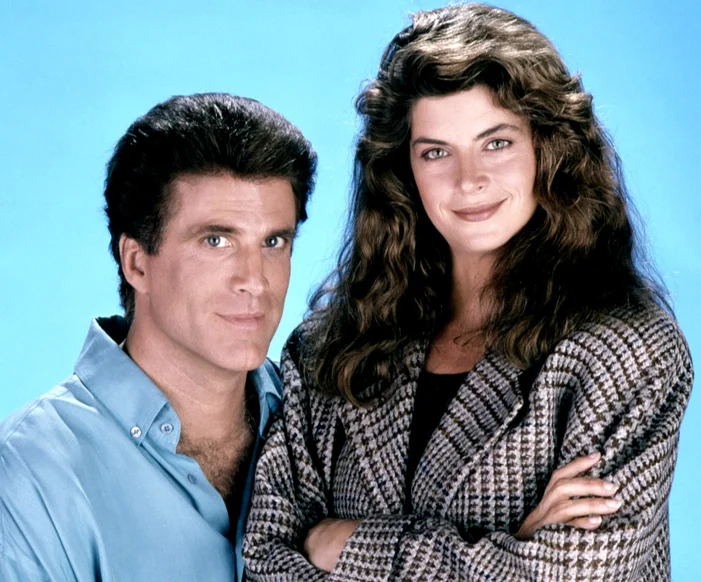
Sam Malone’s struggle with sobriety turned what could have been a punchline into a deeply human portrayal of addiction. When the former baseball player and bar owner confronted his drinking problem, Cheers walked a careful line between comedy and drama. The show never made light of addiction itself, even while finding humor in the situations around it. Ratings on IMDb show that people still strongly remember this impactful episode.
The episodes dealing with Sam’s recovery showed how addiction affects not just the individual but everyone in their orbit. His relationship with Diane became more complex as she tried to understand his struggle without enabling him. These storylines proved that sitcoms could tackle serious issues without losing their essential warmth and humor.
3. The Cosby Show Addresses Dyslexia

When Theo Huxtable struggled in school, The Cosby Show could have easily played it for laughs or quick resolution. Instead, the diagnosis of dyslexia opened up conversations about learning differences that many families desperately needed. Bill Cosby’s Dr. Huxtable became a father figure not just to his TV family but to viewers navigating similar challenges. BBC points to the show’s secret power as it handled tons of important issues at every turn with grace.
The show’s approach to Theo’s learning disability was groundbreaking for its time, showing that academic struggles didn’t reflect intelligence or worth. It portrayed the frustration and self-doubt that comes with being different in school while emphasizing the importance of finding alternative paths to success. Many parents found themselves having difficult but necessary conversations with their own children after these episodes aired.
4. Growing Pains Confronts Teen Pregnancy
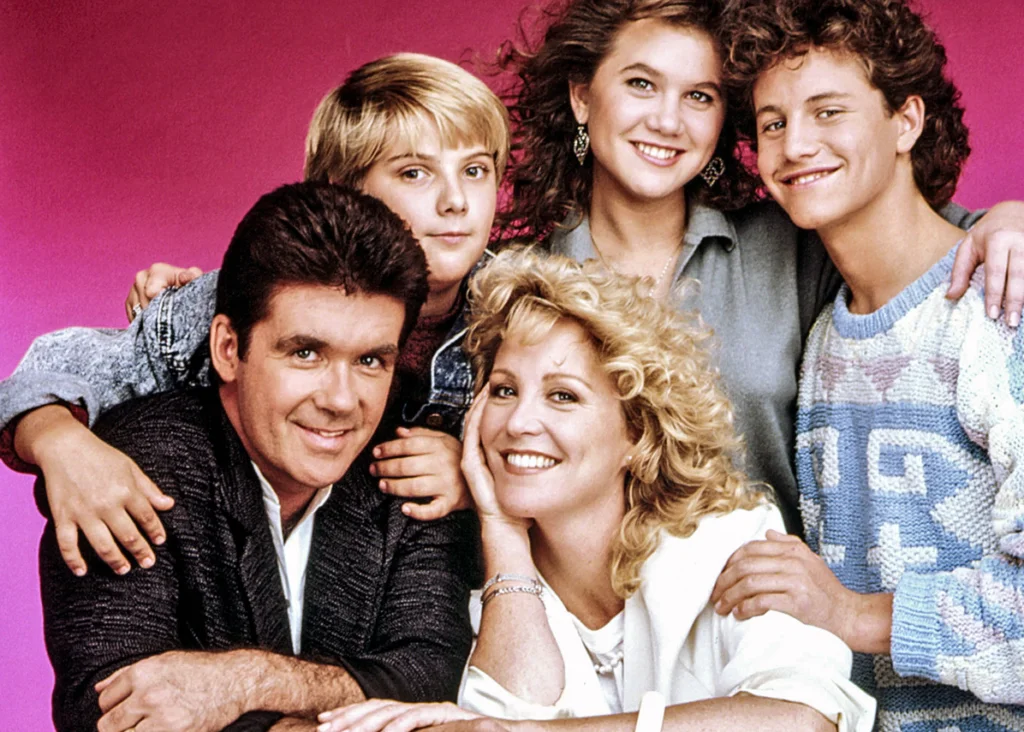
When Carol Seaver’s friend faced an unplanned pregnancy, Growing Pains stepped into territory that most family sitcoms wouldn’t touch. The episode handled the situation with surprising maturity, exploring the complex emotions and difficult decisions that come with such circumstances. It showed how even “good kids” from loving families could find themselves in overwhelming situations.
The show’s strength was in presenting multiple perspectives without pushing a particular agenda. Parents, teenagers, and extended family all had different viewpoints, reflecting real-life divisions that many families experience. It was television acknowledging that there weren’t always clear-cut answers to life’s biggest challenges.
5. Different Strokes Takes On Child Safety
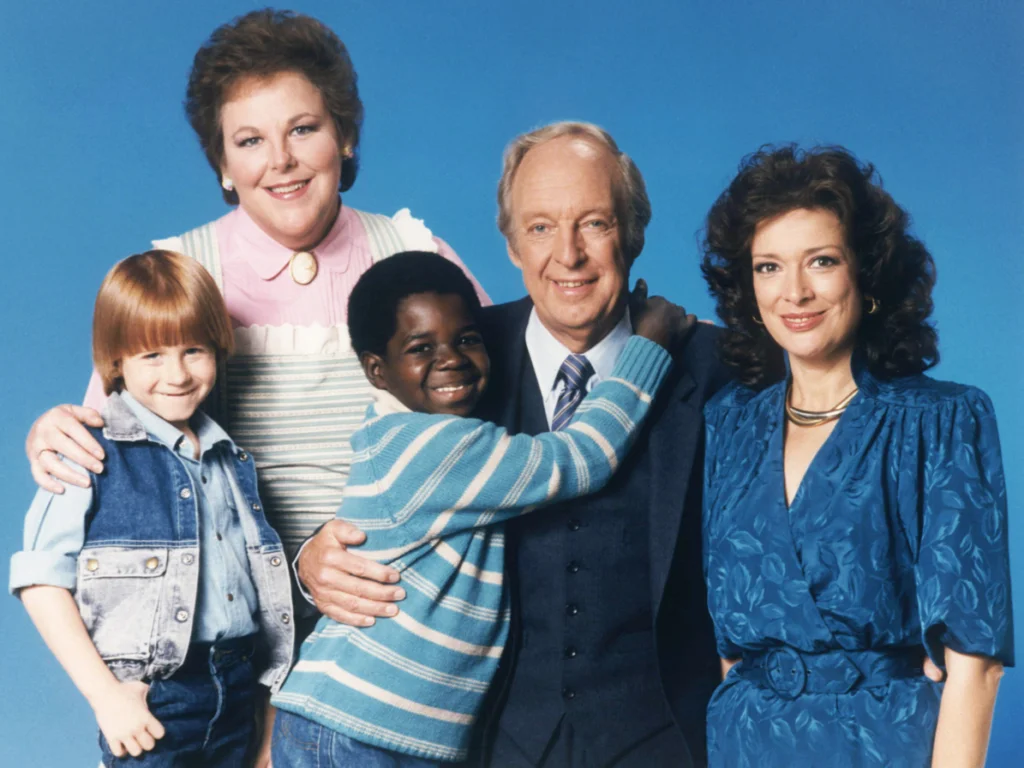
The infamous “stranger danger” episodes of Different Strokes became cultural touchstones for discussing child safety. When Arnold and Dudley encountered a predatory adult, the show tackled a subject that was rarely discussed openly but affected countless families. The episodes were uncomfortable to watch, but that discomfort served an important purpose.
What made these episodes so impactful was their refusal to sugar-coat the reality of how predators operate. They showed how trusted adults could manipulate children and how easily kids could find themselves in dangerous situations. Parents across America used these episodes as conversation starters about topics they might not have known how to broach otherwise.
6. Webster Deals with Racial Identity
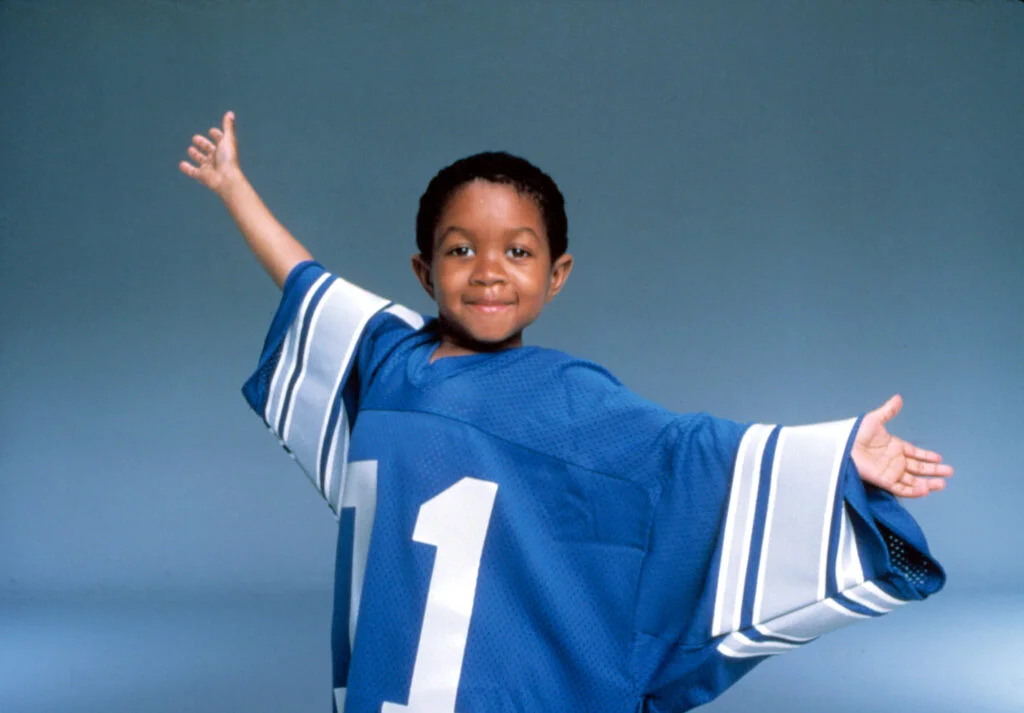
When little Webster questioned his place in his white adoptive family, the show explored racial identity in ways that were both sensitive and honest. The episodes dealing with Webster’s understanding of race and adoption showed how love doesn’t automatically erase complex social realities. Emmanuel Lewis brought remarkable depth to storylines that could have been handled superficially.
The show’s exploration of transracial adoption was ahead of its time, acknowledging that good intentions don’t solve all problems. Webster’s journey of self-discovery reflected the experiences of many real adoptees trying to understand their place in the world. These episodes opened doors for conversations about race, family, and belonging that extended far beyond the television screen.
7. Mr. Belvedere Addresses Class Differences
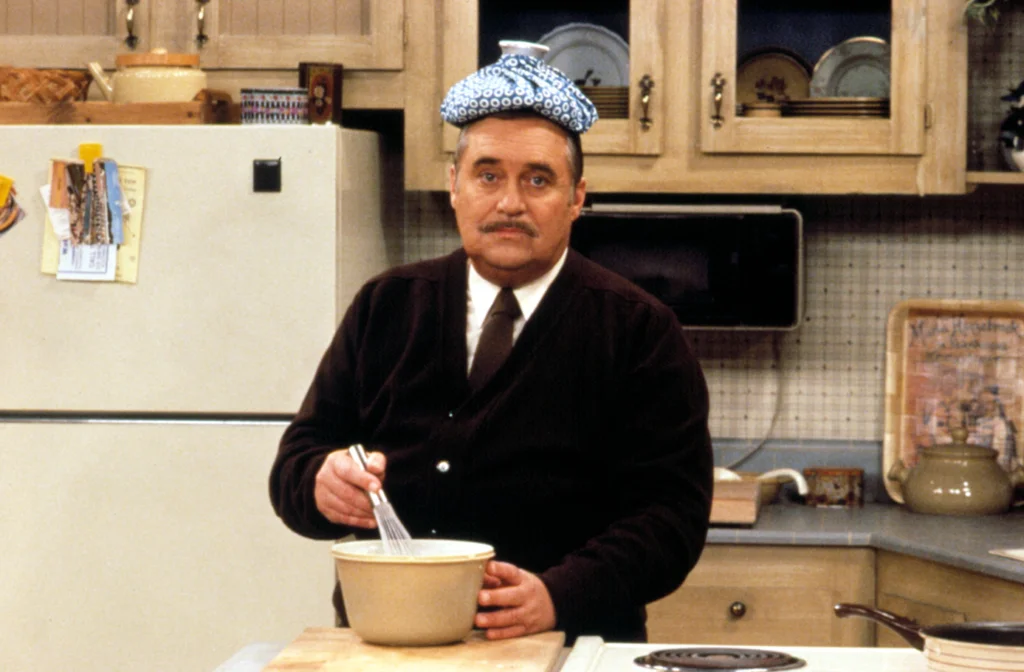
The cultured British housekeeper working for a middle-class American family created natural opportunities to explore economic and social class distinctions. When Mr. Belvedere’s refined background clashed with the Owens family’s more casual lifestyle, the show examined assumptions about worth and intelligence. These episodes revealed how class differences affected everything from communication styles to life expectations.
The character’s unique position as both employee and family confidant allowed the show to explore power dynamics in subtle ways. He was neither fully servant nor family member, occupying a complex middle ground that reflected real-world relationships. The show used his perspective to highlight both the privileges and limitations that come with different social positions.
8. Full House Navigates Death and Grief
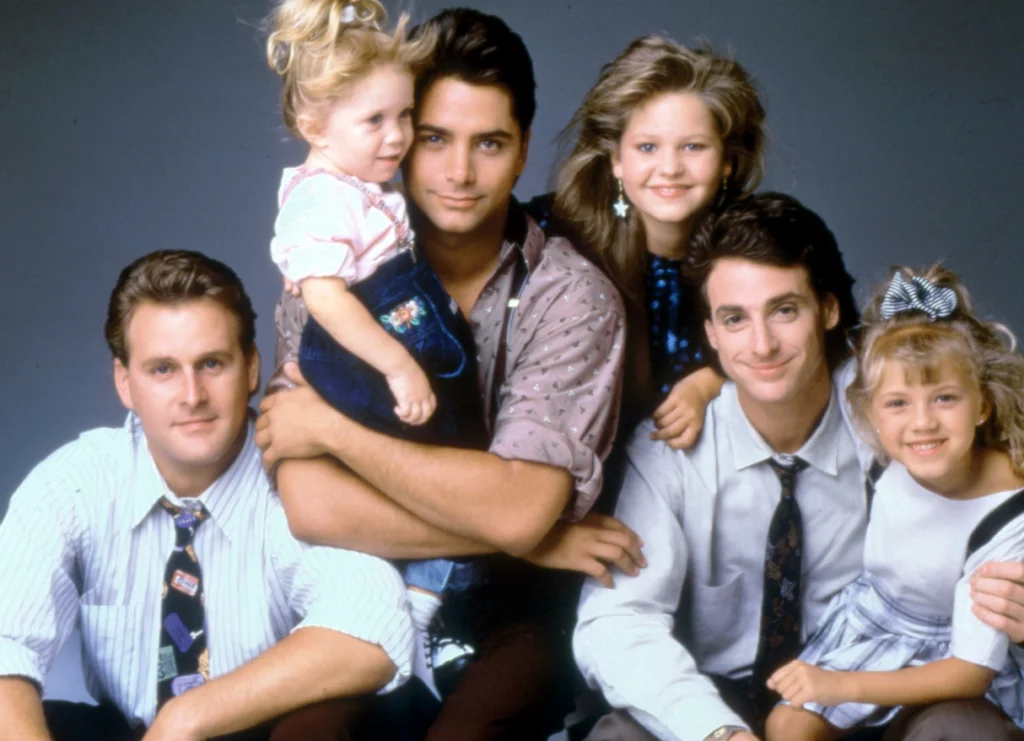
When the Tanner family dealt with the death of the girls’ mother, Full House showed how families reconstruct themselves after devastating loss. The show’s portrayal of grief was realistic in its messiness—some days were better than others, and healing wasn’t linear. Danny Tanner’s struggle to be both mother and father resonated with countless single parents facing similar challenges.
The series showed how extended family and chosen family could help fill impossible voids without pretending to replace what was lost. Uncle Jesse and Joey became father figures while maintaining their own distinct relationships with the girls. These episodes demonstrated that families could be rebuilt in unexpected ways while honoring the memory of those no longer present.
9. Punky Brewster Tackles Abandonment
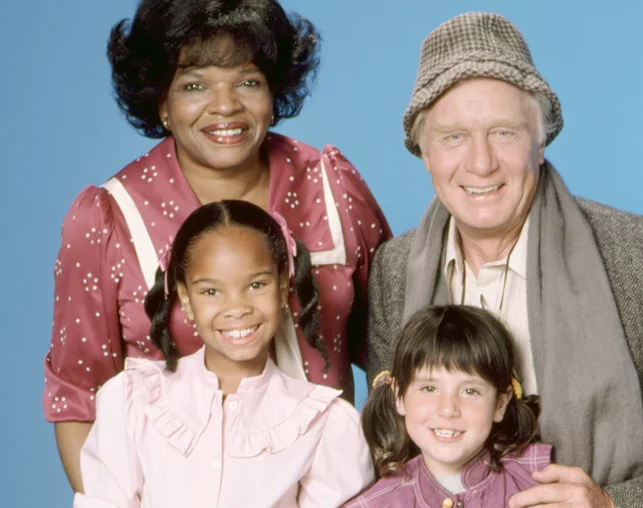
The premise of Punky Brewster—a young girl abandoned by her mother—could have been played purely for sympathy, but the show dug deeper into the psychological impact of abandonment. Punky’s relationship with foster father Henry Warnimont explored how trust could be rebuilt after betrayal. The series showed how abandonment issues affected everything from friendships to academic performance.
What made the show special was its refusal to provide easy answers about why parents leave their children. Punky’s mother remained largely a mystery, reflecting the reality that some questions don’t have satisfying answers. The show focused instead on how people can create new families and find healing even when some wounds never fully close.
10. Silver Spoons Examines Divorce
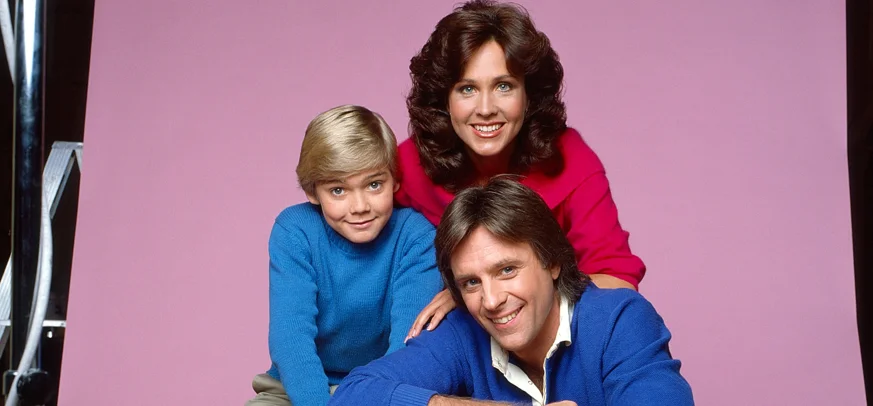
When Ricky Schroder’s character dealt with his parents’ unusual relationship and eventual divorce, Silver Spoons explored how children navigate complex family dynamics. The show portrayed divorce not as a failure but as sometimes the healthiest option for everyone involved. It showed how parents could prioritize their children’s well-being even when their marriage couldn’t be saved.
The series was particularly thoughtful in showing how wealth didn’t insulate families from emotional problems. Despite their privileged lifestyle, the Stratton family faced the same fundamental challenges as any family going through divorce. These episodes helped normalize conversations about changing family structures and the resilience of children facing major transitions.
11. My Two Dads Questions Traditional Family Structures
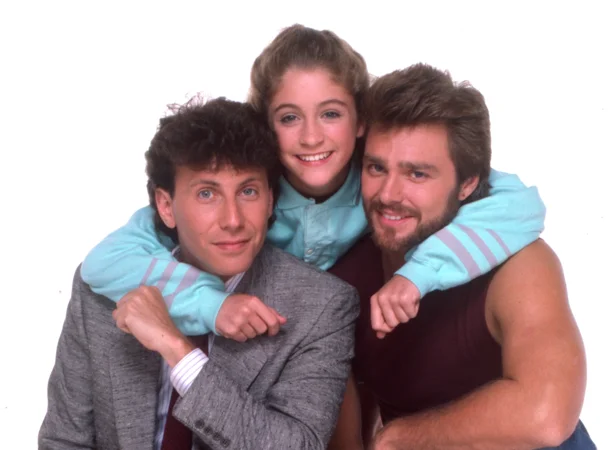
The unconventional premise of two men raising a teenage daughter together challenged traditional notions of what families should look like. The show explored how love and commitment mattered more than conventional structures in creating a healthy home environment. It presented an alternative family model that worked through communication, respect, and shared responsibility.
What made the show progressive was its matter-of-fact treatment of their unusual arrangement. The comedy came from typical parenting challenges rather than the unconventional family structure itself. This normalization of non-traditional families was quietly revolutionary, showing audiences that there were many ways to create loving, functional households.
12. Who’s the Boss Challenges Gender Roles
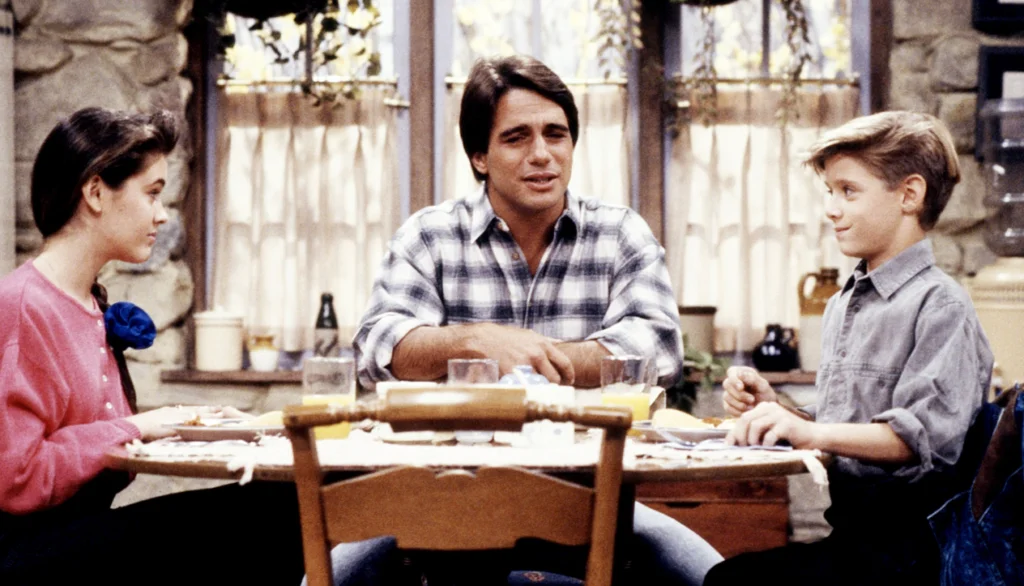
When Tony Micelli became a live-in housekeeper while Angela Bower pursued her career, Who’s the Boss turned traditional gender expectations upside down. The show explored how both characters had to overcome societal assumptions about men’s and women’s roles. Tony faced judgment for choosing domestic work, while Angela dealt with criticism for prioritizing her career.
The series showed how both characters grew by embracing non-traditional roles, with Tony becoming more nurturing and Angela more assertive. Their relationship developed slowly as they learned to respect each other’s strengths regardless of gender stereotypes. The show suggested that true partnership meant supporting each other’s goals rather than conforming to external expectations.
13. Benson Explores Political Idealism vs. Reality
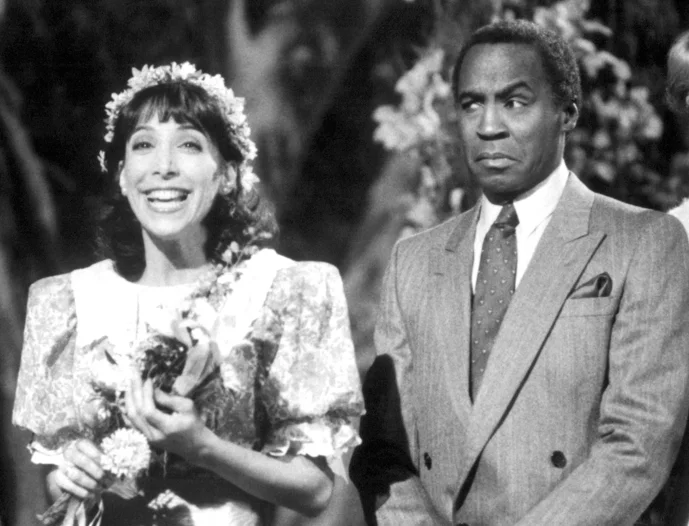
As Benson DuBois moved from butler to political advisor, the show examined how good intentions often clash with political realities. His journey through government bureaucracy revealed the compromises and frustrations that come with trying to create change within established systems. The show balanced cynicism about politics with hope that individuals could still make a difference.
The character’s unique position as both insider and outsider allowed him to critique political processes while remaining committed to public service. Benson’s wit and wisdom helped viewers understand complex political issues without becoming preachy or partisan. The show suggested that real change required both idealism and pragmatism, a lesson that resonated far beyond the fictional governor’s mansion.
These sitcoms proved that entertainment could be both meaningful and enjoyable, paving the way for the complex television narratives we see today. They caught us during our most relaxed moments and gently challenged us to think about difficult topics we might otherwise avoid. In an era before the internet made every issue a battleground, these shows created safe spaces for families to explore complicated subjects together, leaving us with both laughter and lasting lessons that continue to resonate decades later.


